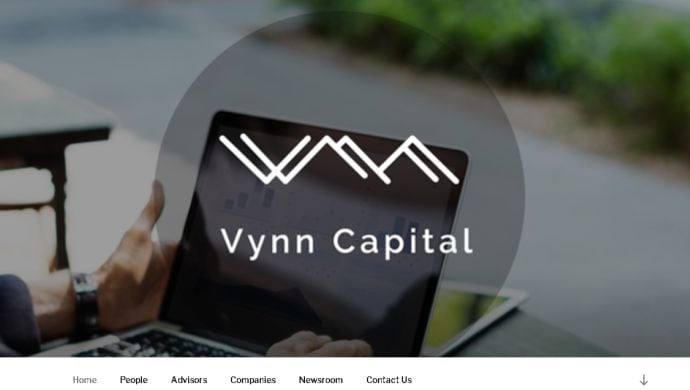Newly launched Vynn Capital is raising a US$40 million fund for startups in Southeast Asia. Here is how they plan to do things differently

In February, TechCrunch reported that former Gobi Partners vice president Victor Chua is planning a US$40 million maiden fund for his new venture capital (VC) firm Vynn Capital.
Co-founded with IE Singapore’s Darren Chua, the Kuala Lumpur-based firm is aiming for Southeast Asian (SEA) markets such as Malaysia, Indonesia, Thailand, Vietnam, Singapore, Myanmar, and the Philippines.
The fund aims to invest in 15 to 30 companies, with figures that varied between US$300,000 and US$500,000 for seed stage and around US$1 million for Series A stage.
In explaining the firm’s investment philosophy to e27, Victor Chua puts a great emphasis in the importance of collaboration between startups and corporations.
This has become an urgency as Chua notes a growing pressure for big corporations and family offices to be more involved in VC investment in the recent years.
“[We aim] to create a synergy between incumbents and newcomers who want to do things differently, in a more innovative way. We try to create what we called ‘traditionally innovative’ businesses,” he says.
In a way, Chua even sees the firm’s portfolio companies as a form of R&D centre for its LPs. For example, a family office that works in the hospitality sector might want to implement a new technology, but has neither the experience nor expertise to develop it. Then they can work together with the portfolio companies.
“That really helps to distinguish ourselves as compared to the rest of the competitors,” Chua says.

Vynn Capital Managing Partner Victor Chua (right) with Partner Darren Chua
Also Read: Nick Nash expected to start Series B fund upon leaving Sea Group
Facing Southeast Asia
Chua is definitely not a new face in the Southeast Asian startup ecosystem. His previous venture capital firm Gobi Partners has more than 25 portfolio companies in the SEA region alone.
He had also been named in last year’s Forbes 30 Under 30 Asia list for the Finance & Venture Capital category.
The most notable thing about the market, according to Chua, is the dynamic, and how it required businesses to adapt accordingly.
“In this region we need to be prepared to be flexible and agile, and even be able to adapt to different kind of stages that we have come to,” he says.
“For investors and startups, you need to be able to have the long-term conviction. You need to be able to look at the long-term trend, to do something about it. And that is what we stand for,” he continues.
The collaborative approach will also be used in reaching out to one of the VC firm’s targeted segment — businesses that are targeting women as their core audience.
During his time at Gobi Partners, firm’s leading success stories included the acquisition of their portfolio company Hermo to Japanese cosmetics e-commerce company istyle in May 2017.
Despite its huge potential, investing in female-focused businesses can be challenging due to the fierce competition. To tackle this issue, Chua once again stresses the firm’s collaborative approach.
“The female-focused segment has been operating in silo basis. If you look at many companies [operating in SEA today], they are offering just fashion [products], or just e-commerce [services]. Like, in Indonesia, they have Sociolla and I used to do Hermo in my Gobi days,” Chua says.
“We understand that for female-focused businesses, it is something very difficult … and sometimes it can scare off companies,” he adds.
This is also why, in searching for potential investment, Chua stresses the importance for startups to be willing to “get their hands dirty” and collaborate with different parties.
Also Read: How NUS Overseas College funds innovation and talent in Silicon Valley
“Because we encourage our portfolio companies to collaborate with one another; we also encourage them to work closely with our LPs as well,” he says.
The year 2018 will be a monumental one for the firm.
In addition to closing its first fund, Vynn Capital also expects to foster partnerships with both the private and public sectors.
—
Image Credit: Vynn Capital
The post Traditionally innovative: How Vynn Capital plan to bridge between startups and big corporations appeared first on e27.